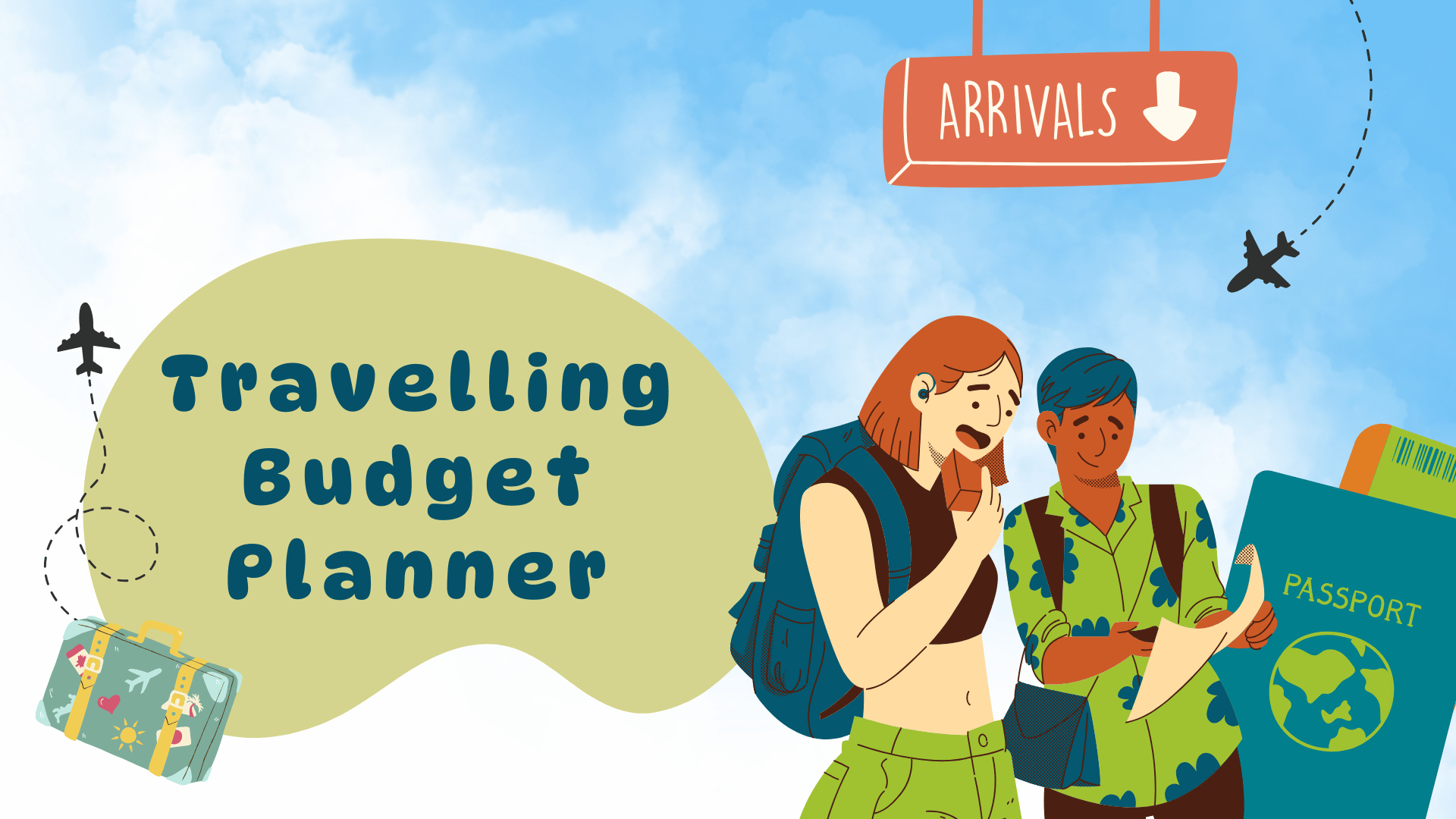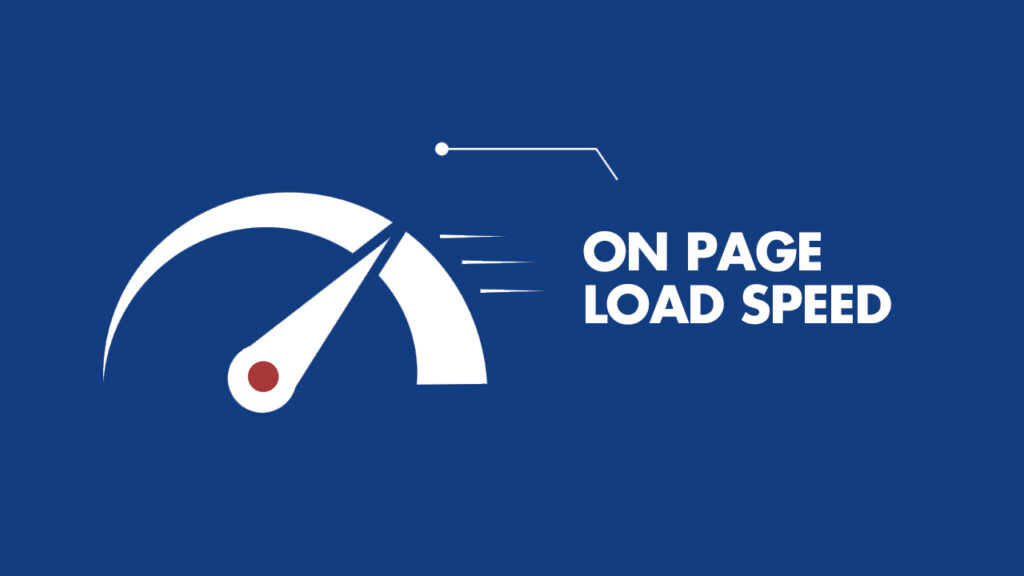Travelling is one of the most enriching experiences, but without a proper travelling budget planner, it can also be financially overwhelming. Whether you’re planning a weekend getaway or a month-long international adventure, having a detailed budget is crucial for stress-free and enjoyable travel. In this article, we’ll explore how a travelling budget planner can transform your trip planning and help you stick to your financial goals.

What Is a Travelling Budget Planner?
A travelling budget planner is a tool or system that helps you organize and manage all your travel-related expenses. It includes everything from transportation and accommodation to food and activities. With a budget planner, you can estimate costs, track spending, and ensure your trip stays within your financial means.
Why Do You Need a Travelling Budget Planner?
1. Financial Clarity
A travelling budget planner gives you a clear picture of your expected expenses, helping you allocate funds wisely.
2. Reduced Stress
Knowing that your expenses are accounted for reduces financial anxiety during your trip.
3. Avoid Overspending
With a planner, you’re less likely to overspend or incur unnecessary debt.
4. Better Decision-Making
A detailed budget helps prioritize activities and experiences that matter most to you.
5. Encourages Savings
By knowing the total cost in advance, you can start saving early.
Essential Components of a Travelling Budget Planner
1. Transportation
This includes flights, train tickets, car rentals, fuel, or public transport passes.
2. Accommodation
Plan for hotels, hostels, vacation rentals, or other lodging costs.
3. Food and Drinks
Budget for daily meals, snacks, and beverages.
4. Activities and Entertainment
Account for entrance fees, guided tours, and special events.
5. Miscellaneous Expenses
Include travel insurance, tips, souvenirs, and emergency funds.
6. Currency Exchange
For international trips, factor in exchange rates and transaction fees.
How to Create a Travelling Budget Planner
Step 1: Research Your Destination
Research average costs for accommodation, food, transportation, and activities at your destination. Use travel blogs, forums, or budget travel websites for insights.
Step 2: Define Your Travel Style
Are you a luxury traveller or a budget backpacker? Your travel style will influence your expense categories.
Step 3: Break Down Expenses
List all possible expenses under relevant categories. Be as detailed as possible.
Step 4: Estimate Costs
Use online tools or calculators to estimate costs for each category.
Step 5: Set a Daily Budget
Divide your total estimated cost by the number of travel days to set a daily spending limit.
Step 6: Allocate Funds
Decide how much money to allocate to each category based on your priorities.
Step 7: Use a Planner Tool
Choose a digital or physical planner to organize and track your expenses.
Best Tools for Travelling Budget Planning
1. Excel or Google Sheets
A customizable and free option for detailed budgeting.
2. TravelSpends App
Tracks expenses and splits costs for grouptravellerss.
3. Tripcoin
An offline app that categorizes and tracks your spending.
4. Mint
A general budgeting app that can be tailored for travel.
5. Trail Wallet
A user-friendly app with a focus on daily budgeting for trips.
Tips for Using a Travelling Budget Planner
1. Be Realistic
Use accurate figures and include a buffer for unexpected costs.
2. Track Spending Daily
Update your planner daily to stay on track with your budget.
3. Adjust as Needed
Reallocate funds between categories if priorities shift during the trip.
4. Look for Deals
Use discount sites and apps to save on flights, accommodations, and activities.
5. Plan for Emergencies
Set aside an emergency fund for unforeseen expenses.
Common Mistakes to Avoid
1. Underestimating Costs
Research thoroughly to avoid surprises.
2. Ignoring Exchange Rates
For international travel, always account for fluctuating currency rates.
3. Forgetting Hidden Fees
Include costs like baggage fees, city taxes, and service charges.
4. Skipping Travel Insurance
Always include insurance in your budget for peace of mind.
5. Overlooking Miscellaneous Expenses
Small costs like tips and snacks can add up quickly if not accounted for.
Benefits of a Travelling Budget Planner
1. Organized Finances
A budget planner keeps your finances in check, ensuring you know where every penny goes.
2. Better Savings
By planning, you can set realistic saving goals for your trip.
3. Enhanced Travel Experience
With financial stress minimized, you can focus on enjoying your journey.
4. Tailored Adventures
A budget planner helps you prioritize activities and experiences that fit your interests.
5. Group Trip Harmony
For group trips, a planner ensures everyone contributes fairly to shared expenses.
FAQs About Travelling Budget Planners
1. Are travelling budget planners free?
Yes, many tools are free, but premium options offer advanced features.
2. Do I need a planner for short trips?
Even short trips can benefit from a simple budget to avoid overspending.
3. Can I use one for group travel?
Yes, budget planners are excellent for splitting costs and managing group expenses.
4. How do I choose the best tool?
Look for features like customization, ease of use, and real-time tracking.
5. Should I use digital or paper planners?
It depends on your preference. Digital tools are convenient, but some travellers prefer the simplicity of paper planners.
Conclusion
A travelling budget planner is not just a tool—it’s your financial roadmap for stress-free and enjoyable travel. By organizing your expenses, setting realistic goals, and tracking your spending, you can focus on creating unforgettable memories. Start planning today, and let your budget planner guide you to a worry-free journey.
With the right approach, your dream trip is just a plan away!

